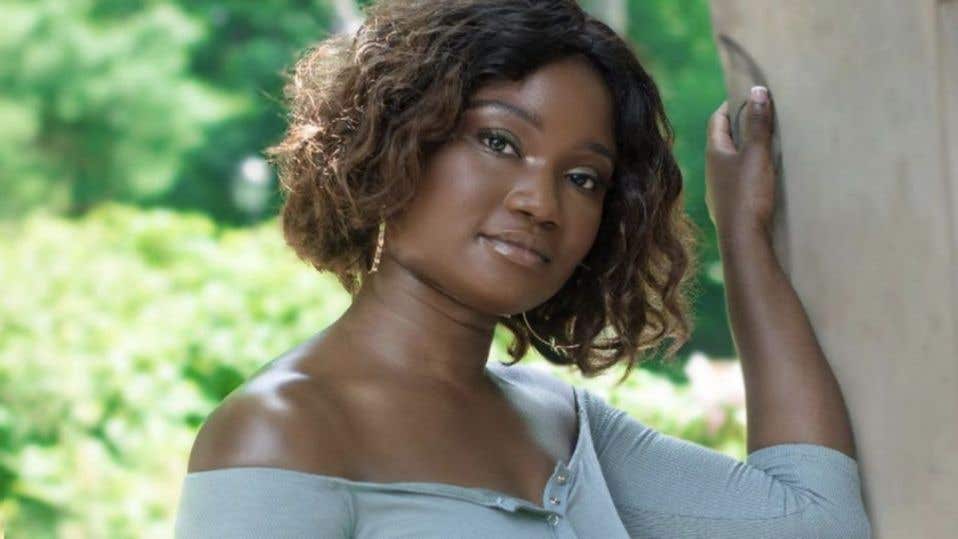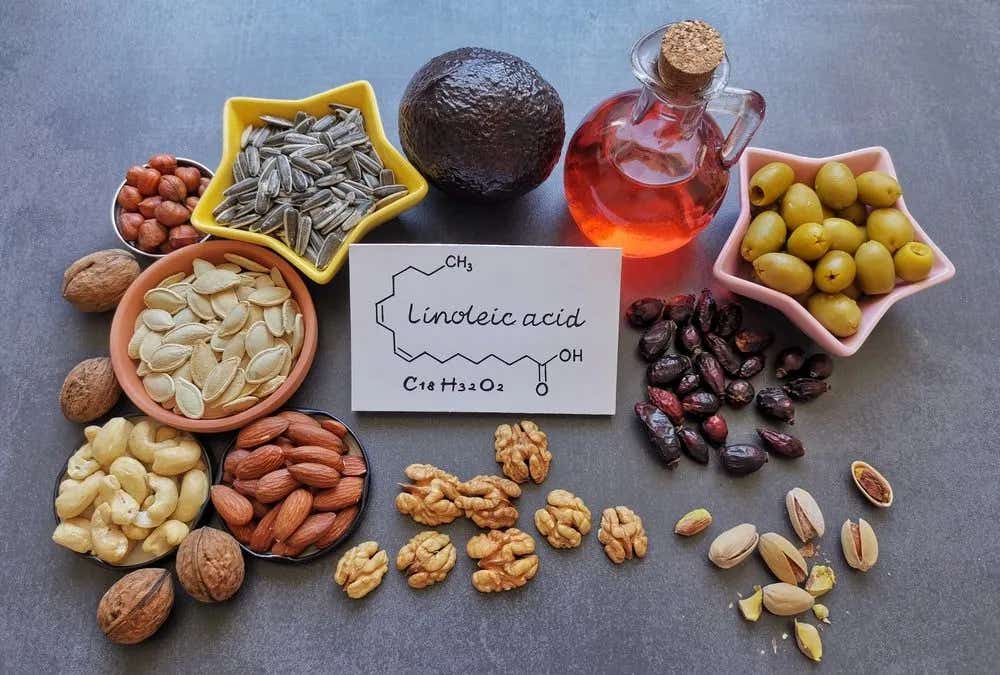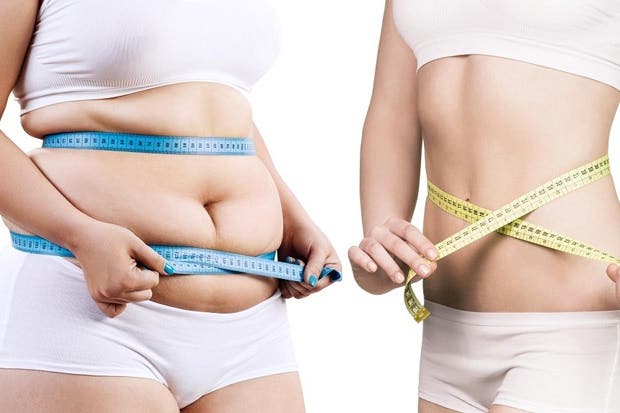Sober Black Girls Club aims to tackle alcohol use disorder among Black and brown women
Growing up in a strict Muslim family in Staten Island, N.Y., Khadi Olagoke, the founder of the Sober Black Girls Club, said she often felt

[Sept. 8, 2020: Justin Chan]
Growing up in a strict Muslim family in Staten Island, N.Y., Khadi Olagoke, the founder of the Sober Black Girls Club, said she often felt lonely and angry. Though she had never really drank alcohol before, she discovered in college that it temporarily offered her relief from the depressive symptoms she had been experiencing since her childhood. As a result, she continued to drink regularly, even well into her time at the University at Buffalo School of Law, from which she graduated in 2017.
“When it was time for me to graduate from law school, I passed the bar on the first try,” she told In The Know. “I moved back to the city, I got my apartment [and] had a job, but I just wasn’t used to having this nine-to-five.”
Unsure of how to adjust to her new reality, Olagoke said her alcohol consumption increased following her graduation. That, in turn, led to a struggle with an addiction she initially had trouble recognizing.
“I just wasn’t familiar with addiction,” she said, noting that her life had “slowly spiraled.” “I didn’t know anyone who had an addiction.”
In 2018, Olagoke decided to take the first step toward sobriety, frequently traveling more than an hour to attend Alcoholics Anonymous (AA) meetings in predominantly white neighborhoods. Still, as a Black woman, she found it difficult to relate to her peers. At one meeting, for instance, a white speaker seemingly talked down on the mostly non-white residents that lived in Olagoke’s neighborhood, suggesting that she had a difficult time living there as a result.
“That’s when I was like, ‘Okay, yeah, this is not for me,’” she recalled. “Not to say AA wasn’t for me, but just AA in my borough wasn’t for me.”
In response, Olagoke launched Sober Black Girls Club — an online platform that, according to its description, “focuses on sobriety and the Black community” — that same fall.
“When I first started, it was just a blog,” Olagoke said. “I was kind of nervous because especially, in the Black community, we are just now talking about mental health … I knew that us talking about mental health is one aspect [but] talking about addiction is another aspect. I wasn’t too sure if there was going to be an audience [who was] willing to go on this journey with me.”
People have, however, tuned into Olagoke’s message. To date, Sober Black Girls Club has more than 14,000 followers on Instagram. It’s also grown into more than just a blog — Olagoke hosts a support group for Black women via Zoom every Thursday at 8 p.m. EST. Alongside the blog Served Up Sober, she co-leads another group tailored to queer people of color every Tuesday at 7 p.m. EST. The meetups are designed to address the lack of resources available to Black and brown people with substance use disorder.
“Black and brown communities and low-income communities cannot afford to go to private institutions,” Olagoke explained. “I’ve been in a state-run rehab, and they’re ***holes. Facilities matter. Where you go matters. Black girls, brown girls, regardless of our income, we deserve the best.”
To that end, Olagoke has also launched a mentorship program, in addition to a medical fund designed to pay for any out-of-pocket expenses related to rehabilitation treatment (such as deductibles, copayments and travel). She said she has so far helped 30 girls with the money she has raised and plans to assist more during the pandemic, which, between February and April, led to an unusually high number of reports of excessive drinking from the Black community.
“[The pandemic] just took Sober Black Girls Club by storm,” she said. “A lot of women are feeling like they have an addiction or substance abuse issue because they have been home the past five months, six months.”
Ultimately, Olagoke’s goal is to ensure that Black and brown women — as well as queer people of color — have a recovery space they can feel safe in.
“If you’re unsure about whether or not you actually want to live a sober life or you’re unsure if this time is going to be the final time, you don’t have to think about all that,” she said. “You just have to start.”
If you or someone you know is struggling with substance use disorder, consider the following resources and organizations:
This Brighter Side of News post courtesy of the In the Know at intheknow.com.
Like these kind of stories? Get The Brighter Side of News' newsletter.
Joseph Shavit
Head Science News Writer | Communicating Innovation & Discovery
Based in Los Angeles, Joseph Shavit is an accomplished science journalist, head science news writer and co-founder at The Brighter Side of News, where he translates cutting-edge discoveries into compelling stories for a broad audience. With a strong background spanning science, business, product management, media leadership, and entrepreneurship, Joseph brings a unique perspective to science communication. His expertise allows him to uncover the intersection of technological advancements and market potential, shedding light on how groundbreaking research evolves into transformative products and industries.



